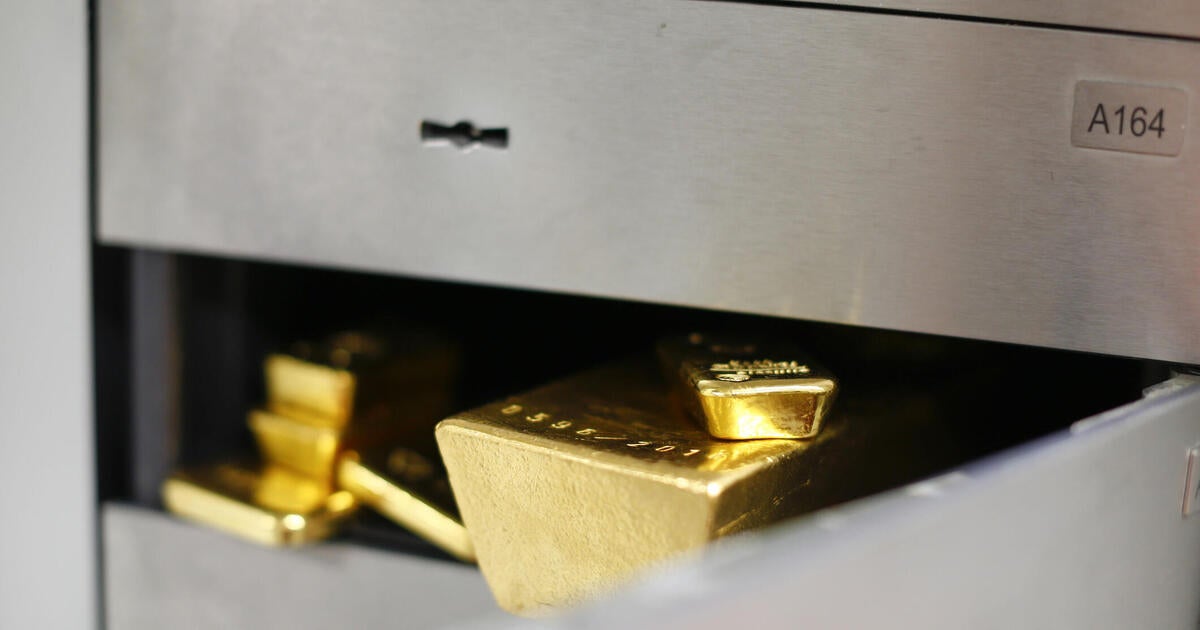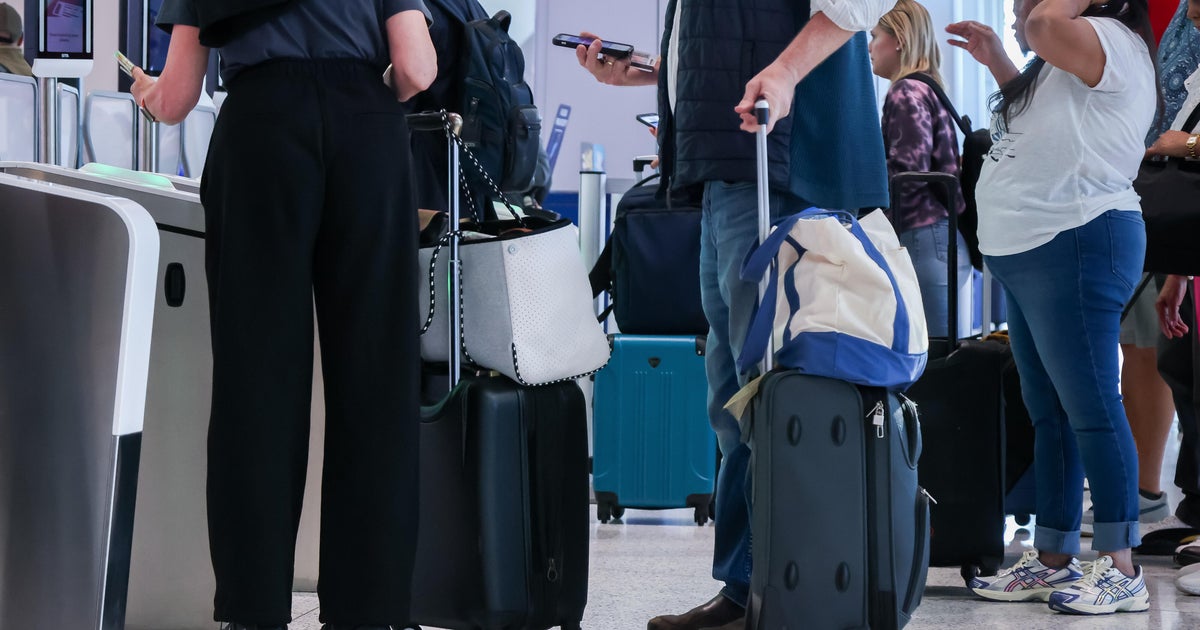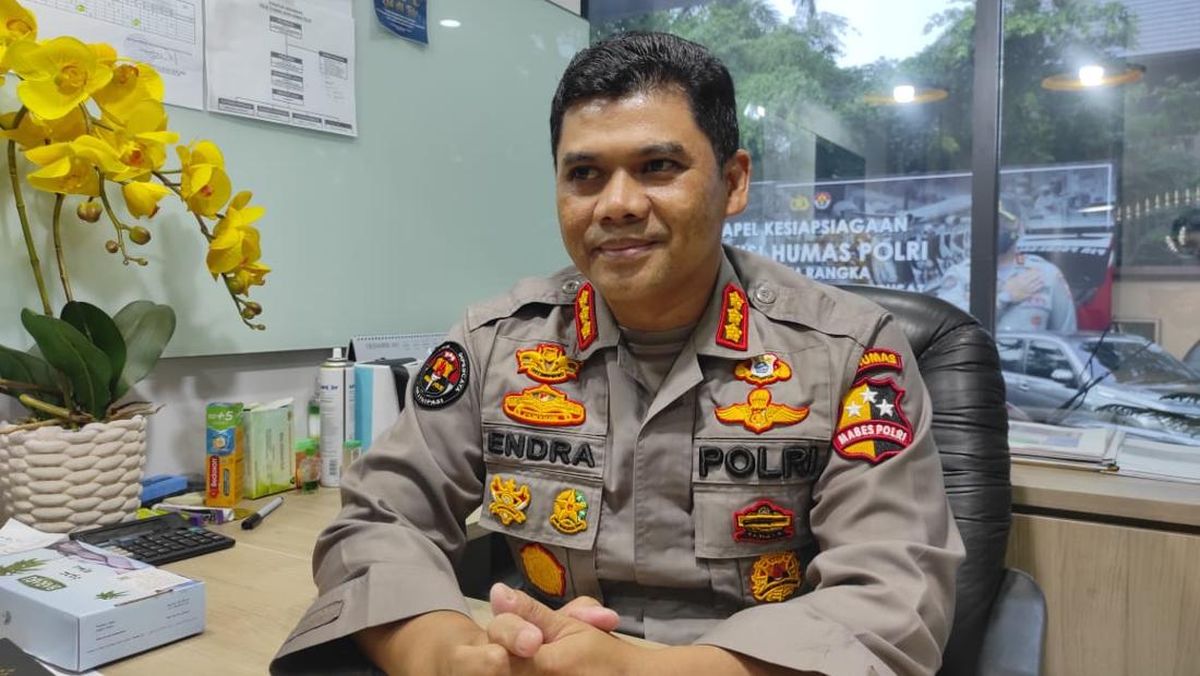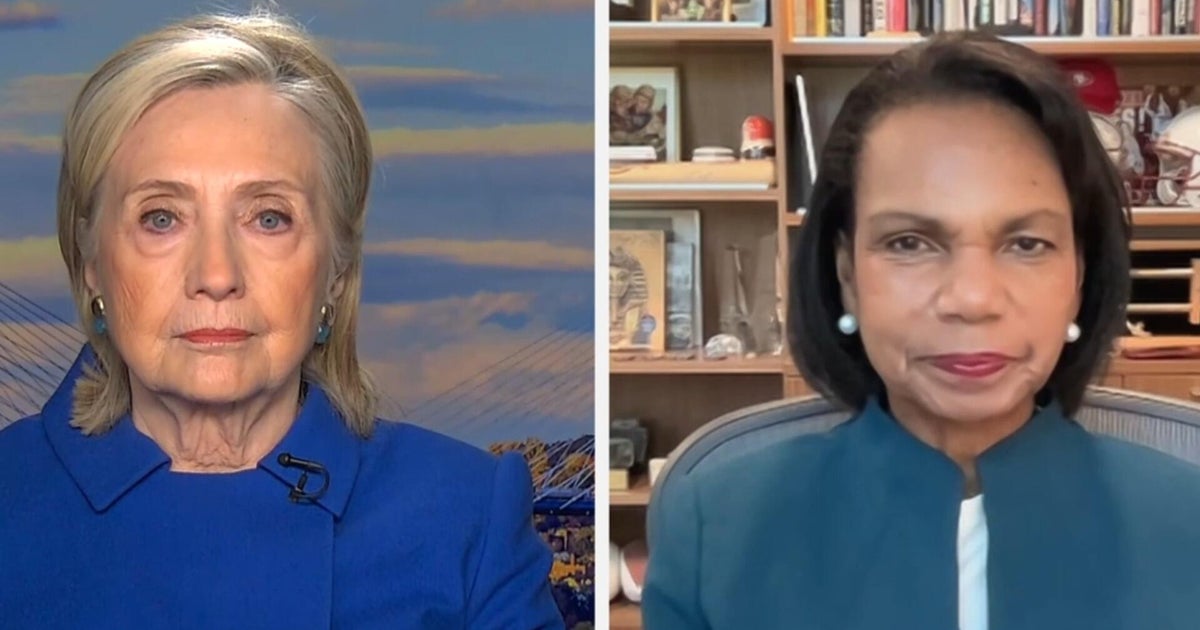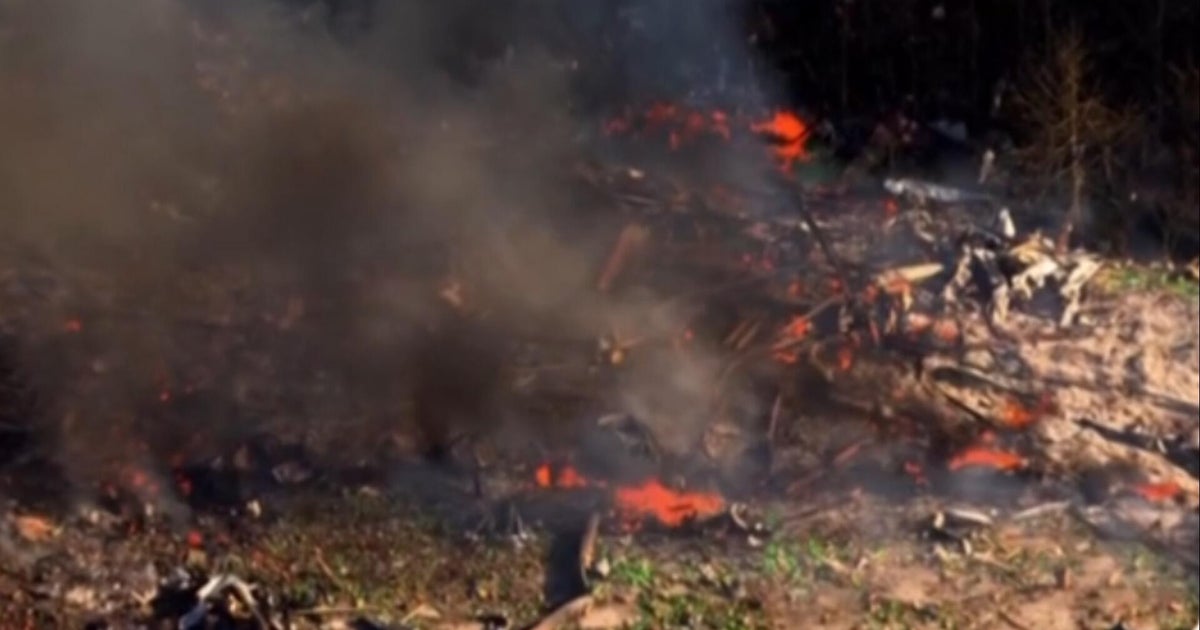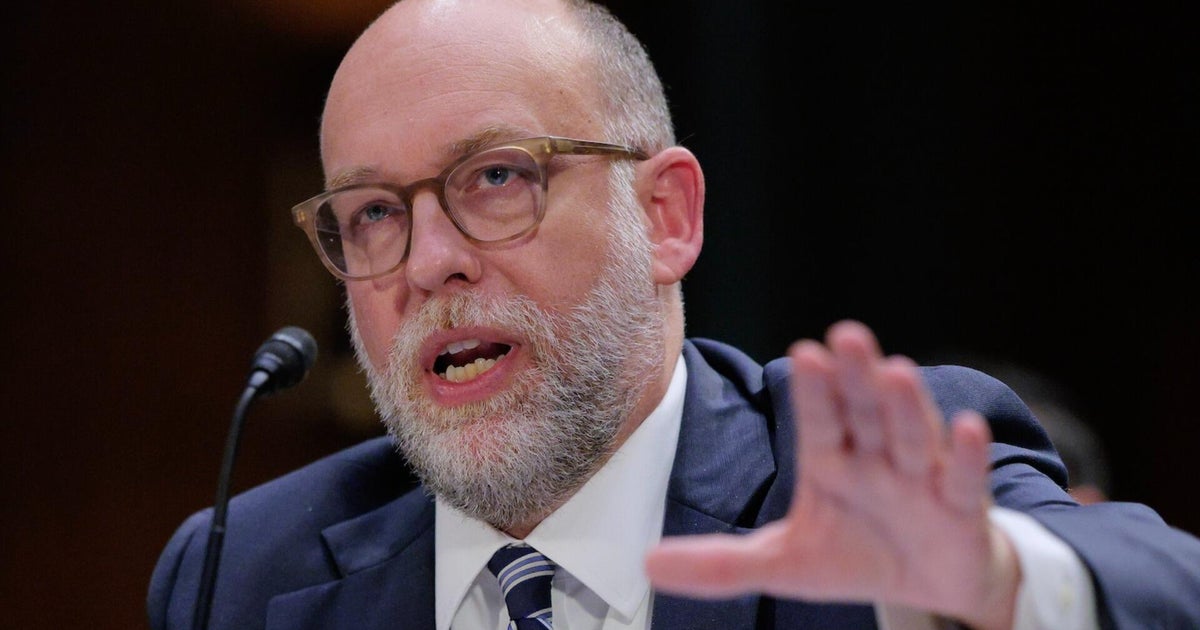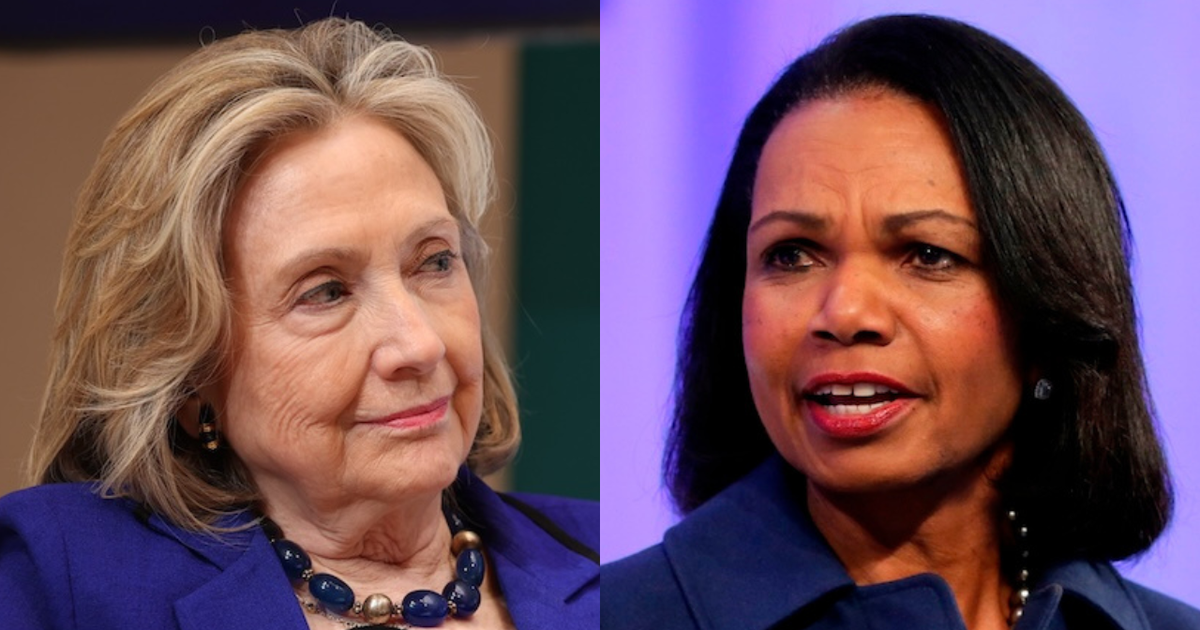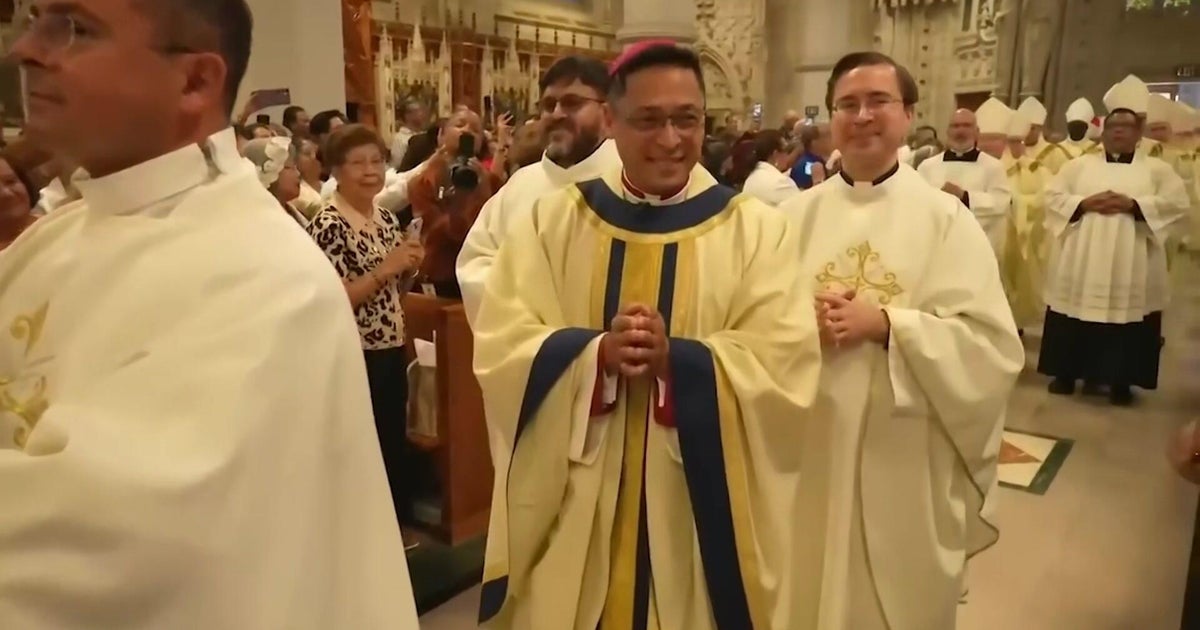Joshua NevettPolitical reporter

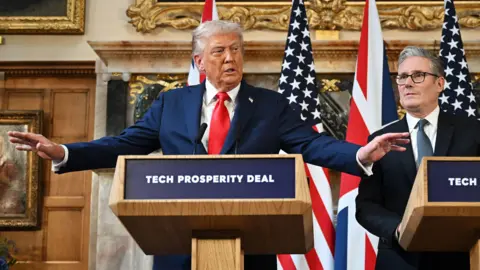 PA Media
PA Media
Donald Trump has suggested Prime Minister Sir Keir Starmer could use the military to stop illegal migration, at a news conference during the US president's second state visit to the UK.
The US president said he discussed migration issues with Sir Keir during a meeting at his country residence Chequers.
Trump talked about his policies to secure borders in the US and said the UK faced a similar challenge with migrants crossing the English Channel in small boats.
"You have people coming in and I told the prime minister I would stop it, and it doesn't matter if you call out the military, it doesn't matter what means you use," Trump said.
"It destroys countries from within and we're actually now removing a lot of the people that came into our country."
The news conference brought to an end Trump's unprecedented second state visit to the UK.
In two days of pomp and pageantry, the US president was hosted at Windsor Castle by King Charles and the Royal Family, and attended a state banquet on Wednesday before his political meeting with the prime minister.
In a wide-ranging Q&A with UK and US journalists, the leaders were also asked about Palestinian statehood, free speech, the war in Ukraine, energy and other topics.
The pair touted the "special relationship" between the UK and the US, and announced a new tech deal Trump said would help the allies "dominate" in the world of artificial intelligence (AI).
The tech prosperity deal signed at Chequers will see US firms invest in the UK and boost co-operation on AI, quantum and other emerging technologies.
Trump and Sir Keir skirted around several contentious matters, including accusations of free speech being under attack in Britain, and the sacking of Peter Mandelson as the UK's ambassador to the US last week.
"I don't know him actually," Trump said, when asked about whether he had sympathy with Lord Mandelson.
In what could have been an awkward moment, Trump defused the question by handing over to Sir Keir, who fired Lord Mandelson over his links to the late convicted sex offender Jeffery Epstein.
But in one flashpoint, Trump said he had "a disagreement with the prime minister" on the subject of Palestinian statehood.
The prime minister plans to recognise Palestinian statehood ahead of next week's United Nations general assembly in New York.
Trump is opposed to such a move and accused Palestinian armed group Hamas of "putting the hostages up as bait" in Gaza.
The war in Ukraine came up in a few questions too, with Trump expressing his disappointment in Russian President Vladimir Putin over his lack of engagement with peace efforts.
"He's really let me down," Trump said.
Trump also urged Western allies to stop buying Russian oil to force Putin to the negotiating table, but did not commit to sanctioning Moscow.
There were no divisions between Trump and Starmer on action to tackle illegal migration, as the leaders projected a sense of unity and affection for each other.
Standing alongside Trump, the prime minister said illegal migration was an issue his government had been taking "incredibly seriously".
"Was it worth it?" - BBC correspondents assess Trump's state visit
Sir Keir said his government had struck several migrant returns deals with other countries, including France, and had been taking action to crack down on people-smuggling gangs.
The prime minister pointed to the first migrant return under the one-in, one-out scheme with France.
"That's an important step forward," Sir Keir said. "But there's no silver bullet here."
More than 30,000 people have crossed the Channel in small boats so far this year.
It is the earliest point in a calendar year this figure has been passed since data on crossings was first reported in 2018.
The rise in crossings is one of the most prominent issues in British politics and has piled pressure on the prime minister to come up with a solution.
In the US, Trump has stepped up arrests of illegal immigrants and cracked down on unlawful border crossings since he returned to the White House in January.
He has issued a series of executive orders implementing a broad ban on asylum for migrants entering at the southern border and has sent in troops to assist border security efforts.
The arrests of migrants by the US Border Patrol have been decreasing since Trump took office.

 3 weeks ago
17
3 weeks ago
17
